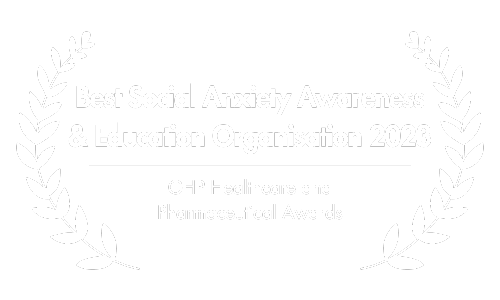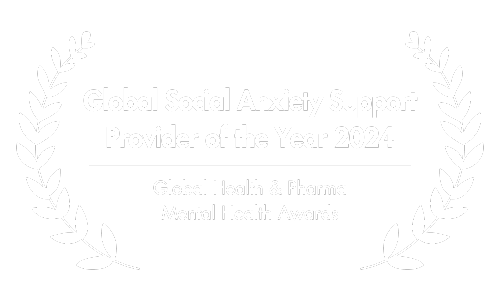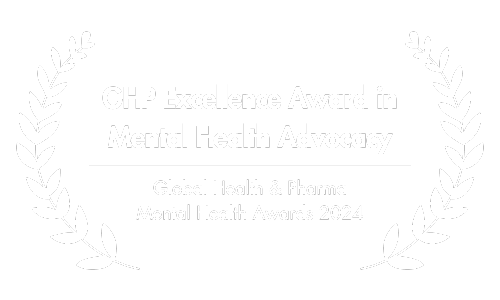MAOI Treatment for Social Anxiety Disorder: A Guide for Those Affected
This article features a suggestion for an online psychiatry service, where certified mental health experts can assess social anxiety, offer diagnoses, and prescribe medications if appropriate. By using this link, you may receive a significant discount on the service, and we will earn a commission.

Living with social anxiety can be an overwhelming experience, impacting not only your interactions with others but also your overall quality of life.
While therapy and lifestyle changes play crucial roles in managing social anxiety, medication can also be a valuable tool.
In this article, we will delve into the realm of MAOIs (Monoamine Oxidase Inhibitors) – a lesser-known yet potentially effective class of medications for social anxiety.
While MAOIs are not as commonly prescribed as other options, their unique mechanism of action offers a distinct approach to tackling social anxiety.
However, in modern practice, MOAIs are typically only prescribed when other pharmacological treatments have shown limited effectiveness (e.g., Laban & Saadabadi, 2022).
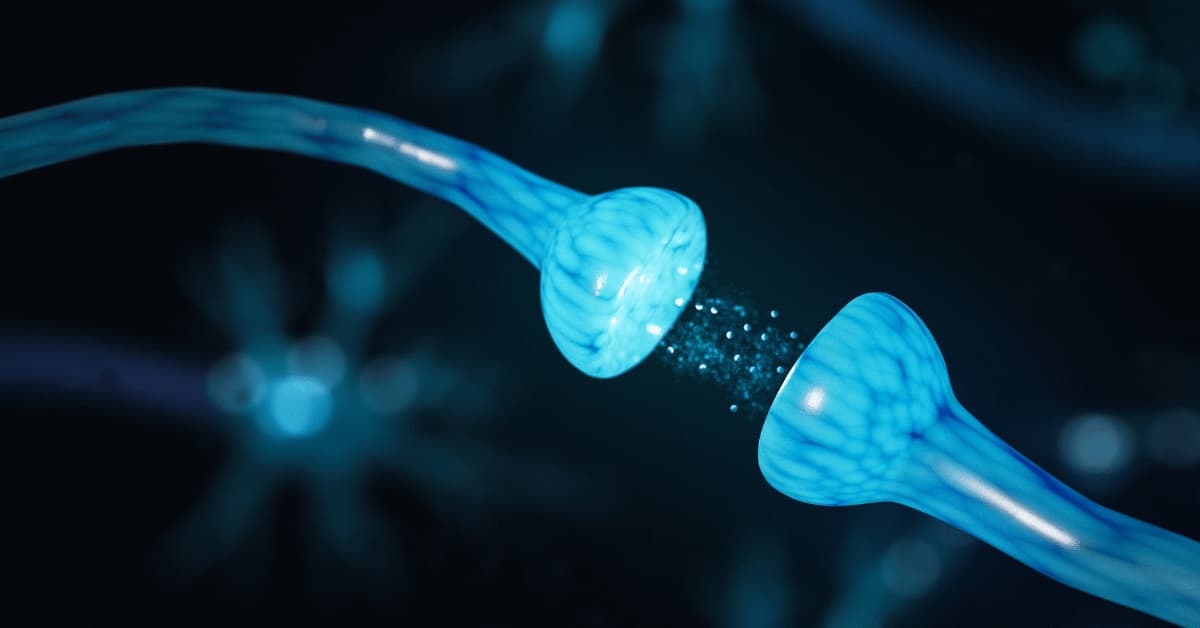
Let’s explore how MAOIs work, assessing their potential benefits in alleviating the symptoms of social anxiety, as well as their significant drawbacks and side effects.
Throughout this article, keep in mind that you should only consider medication options in the context of a thorough discussion with a qualified health care provider, such as your primary care physician or psychiatrist. This holds especially true for MAOIs.
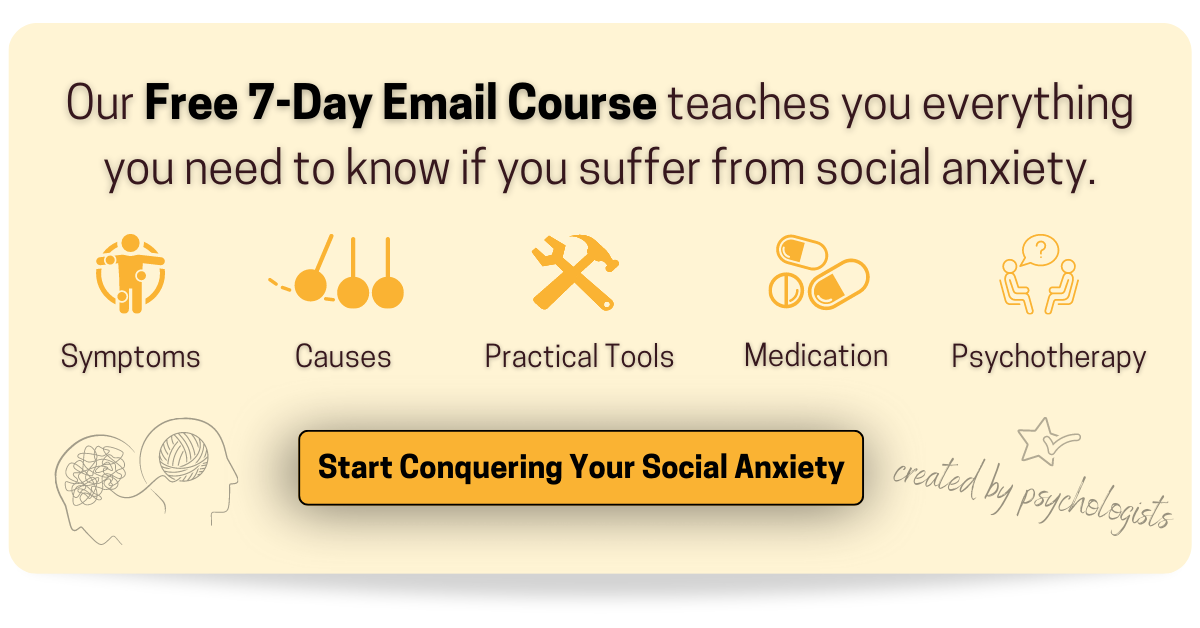
A. What Are MAOIs?
Initially developed to target mood disorders, MAOIs, or Monoamine Oxidase Inhibitors, have shown broader effectiveness.
Beyond their intended purpose, these medications have demonstrated positive impact on conditions like social anxiety disorder, unveiling a potential pathway to relief.
They work by blocking the activity of an enzyme called monoamine oxidase, which plays a crucial role in breaking down neurotransmitters like serotonin, dopamine, and norepinephrine.
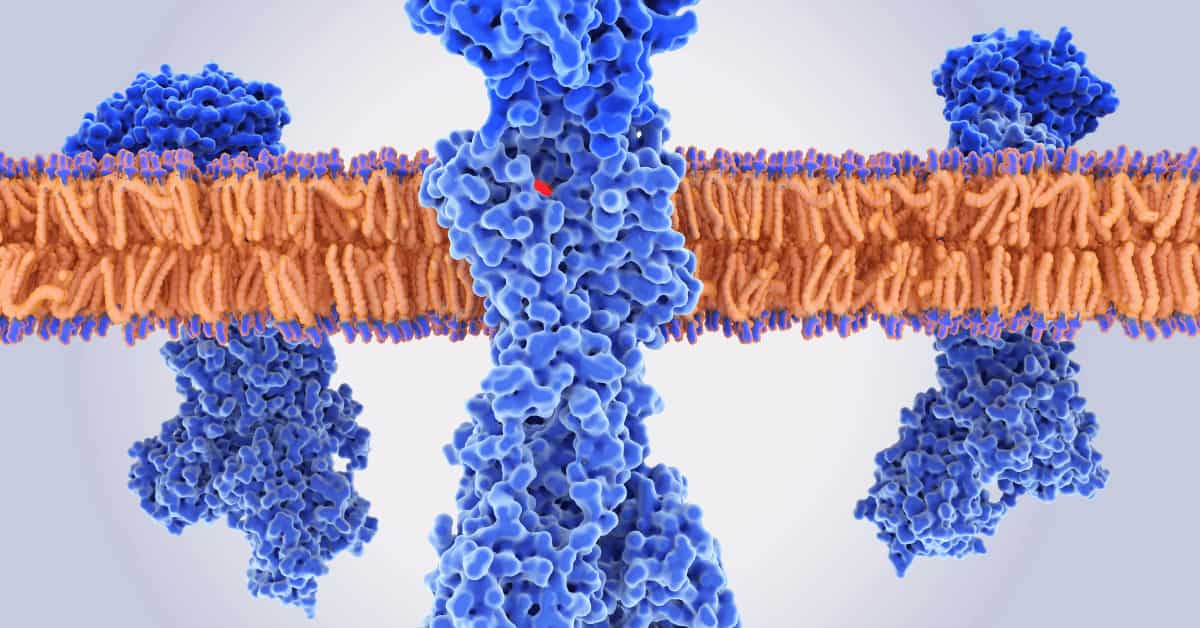
By inhibiting monoamine oxidase, MAOIs lead to increased levels of these neurotransmitters in the brain.
This elevation in neurotransmitter levels can result in improved mood, reduced anxiety, and a better response to stressors (Thase, 2012).
These effects may contribute to the reduction of social anxiety symptoms through altered neural responses and emotional regulation.
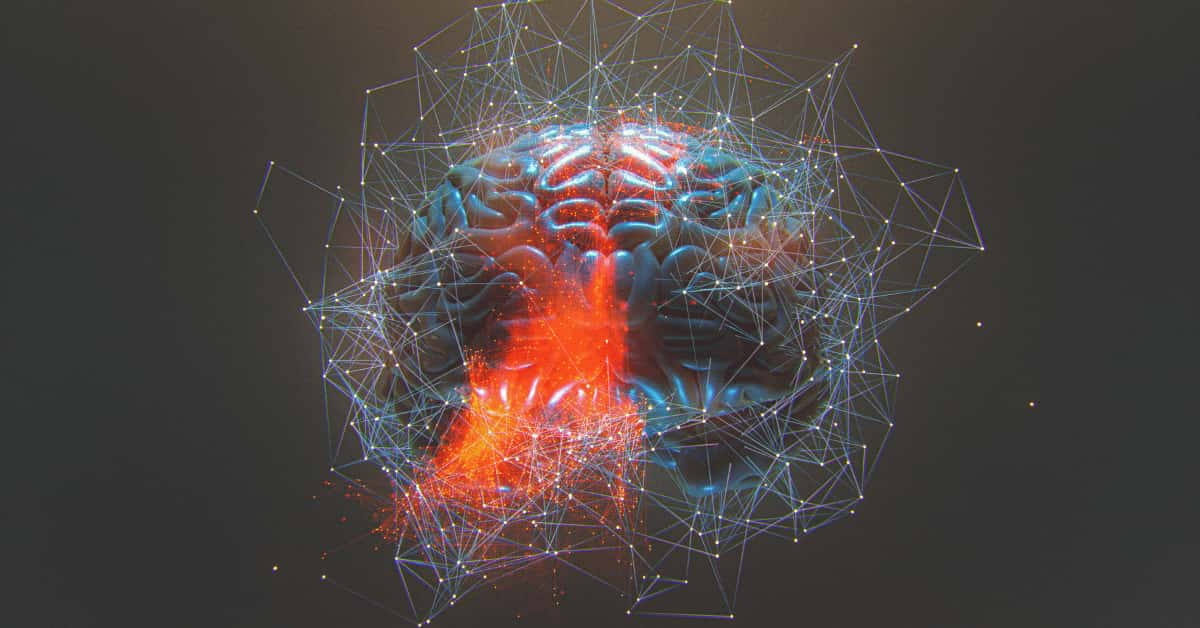
MAOIs may be considered for individuals who have not responded well to other classes of medications (Laban & Saadabadi, 2022).
However, their use requires careful consideration due to potential interactions and dietary restrictions.
B. How MAOIs Help With Social Anxiety
The exact mechanisms through which MAOIs alleviate social anxiety are complex and not fully understood.
However, it is well-documented that increased neurotransmitter activity in the brain is associated with decreased anxiety (e.g., Janet et al., 2023).
Social anxiety involves intricate interactions between brain chemistry, neural pathways, and behavioral responses.
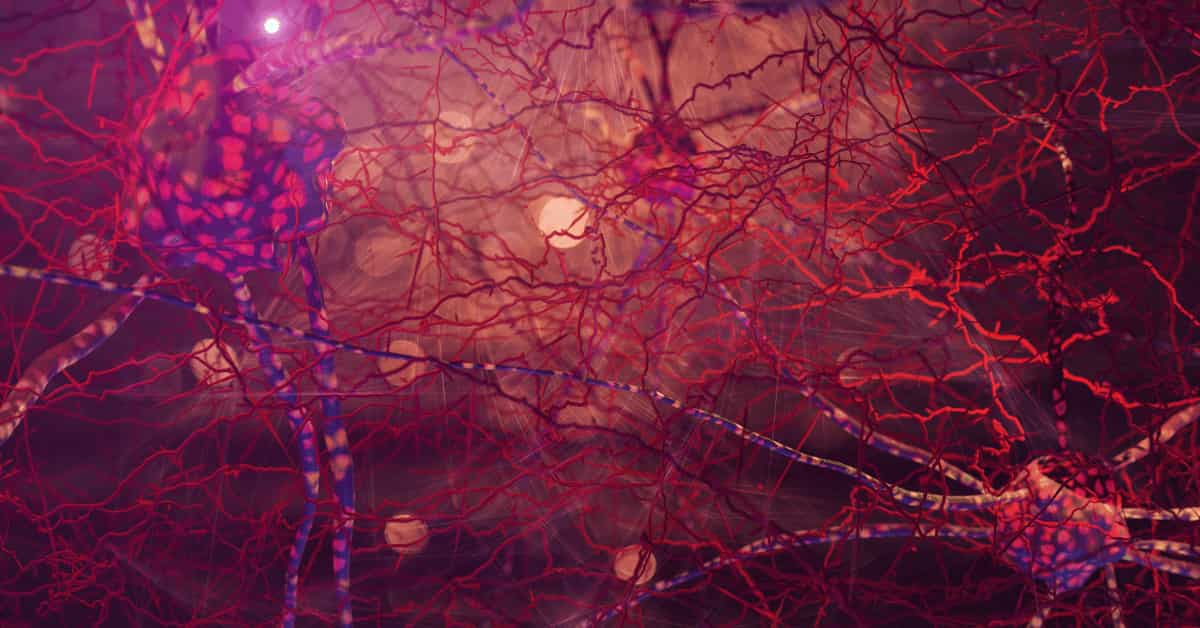
When faced with social situations, individuals with social anxiety may experience heightened stress responses and exaggerated fear, leading to avoidance behaviors.
By inhibiting the action of monoamine oxidase, these medications elevate the concentration of neurotransmitters like serotonin, dopamine, and norepinephrine (Baker et al., 1992).
Serotonin, known as the “feel-good” neurotransmitter, contributes to feelings of well-being and contentment. Dopamine, often referred to as the brain’s reward chemical, is associated with pleasure and motivation.
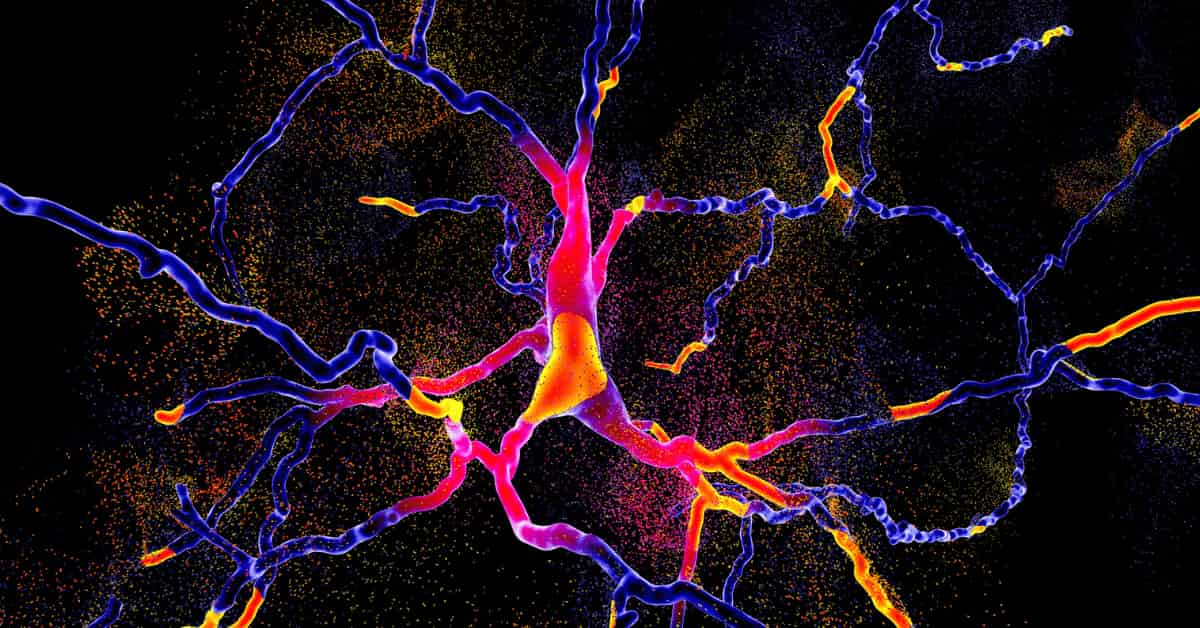
The increase in neurotransmitter levels brought about by MAOIs can have a calming effect on the brain, dampening hyperactivity within the neural circuits responsible for generating anxiety (Baker et al., 1992).
As a result, individuals may experience reduced feelings of apprehension and stress in social situations.
It has also been speculated that MAOIs, by modulating neurotransmitter systems like dopamine, serotonin, and norepinephrine, could potentially enhance novelty seeking and promote a greater inclination towards socialization (Cloninger, 1987; Levin et al., 1989).
C. Effectiveness and Research
Research into the effectiveness of MAOIs for social anxiety has consistently shown to be effective (e.g., Heimberg et al., 1998).
It has been found that MAOIs demonstrate noteworthy anti-anxiety properties following several weeks of consistent administration (Nutt & Glue, 1989).

Unlike benzodiazepines or beta-blockers, which are taken on an as-needed basis, the effectiveness of MAOIs is established through sustained usage over time.
While they are not typically the first-line treatment option, studies have shown that some individuals who did not respond well to other medications can experience significant improvements in their symptoms with MAOIs (Bodkin & Dunlop, 2021).
However, keep in mind that individual responses can vary widely, and the decision to use MAOIs should exclusively be made in consultation with a qualified medical professional.
A meta-analysis by Canton et al. (2012) revealed that the MOAI phenelzine was notably effective in reducing social anxiety symptoms.
These findings underscore the potential of MAOIs as a viable option for individuals seeking relief from social anxiety.
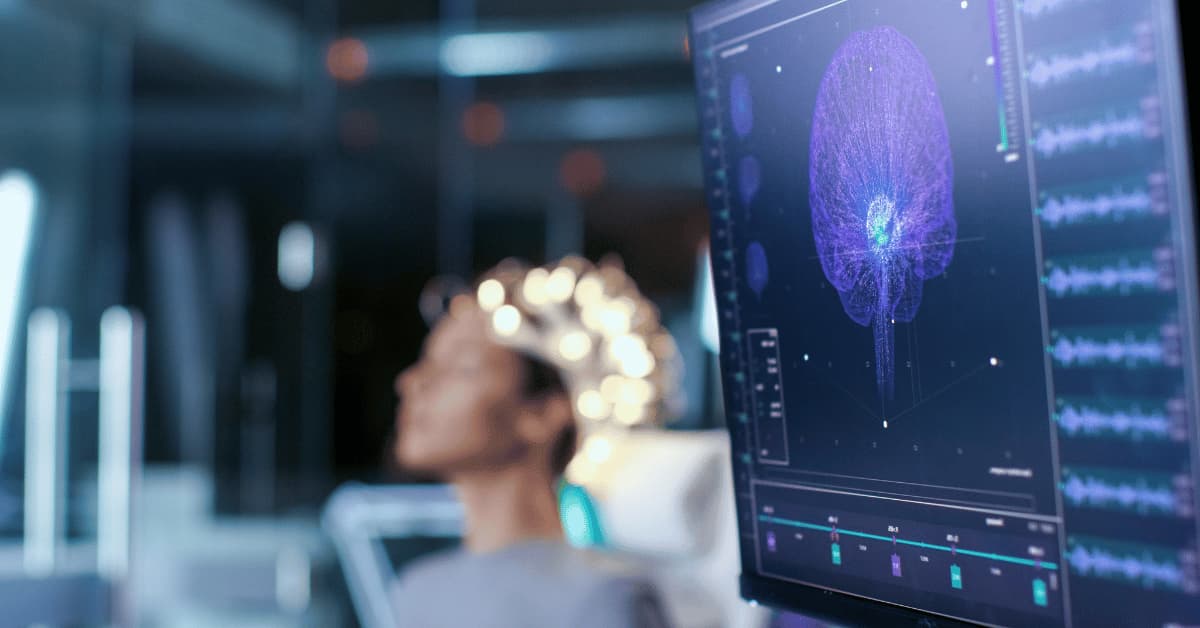
However, the authors also point out that the utilization of phenelzine is restricted due to its widely recognized interactions with specific foods and medications, as well as the potential for side effects at higher doses.
Let’s take a closer look at important considerations when taking MAOIs for social anxiety, as well as their potential risks and complications.
D. Considerations Before Taking MAOIs
Prior to starting MAOI treatment, it’s imperative to undergo a thorough evaluation. Never begin MAOI treatment without the vigilant supervision of a qualified medical professional, such as a psychiatrist.
Your doctor will review your medical history, current medications, and any potential contraindications.

Certain medical conditions, such as certain types of heart conditions or liver problems, may influence the decision to prescribe MAOIs.
Additionally, some medications, including certain antidepressants and decongestants, can interact negatively with MAOIs.
It’s crucial to provide your healthcare provider with a complete and accurate medical history to ensure your safety and well-being.
Your doctor will also discuss the potential benefits and risks of MAOIs with you.
While MAOIs can offer relief from social anxiety symptoms, it’s essential to weigh these benefits against potential side effects and dietary restrictions.
When using MAOIs, it’s crucial to inform all medical professionals you see, including dentists and doctors, about your medication. This is important to prevent any potential health issues (Fiedorowicz & Swartz, 2004).
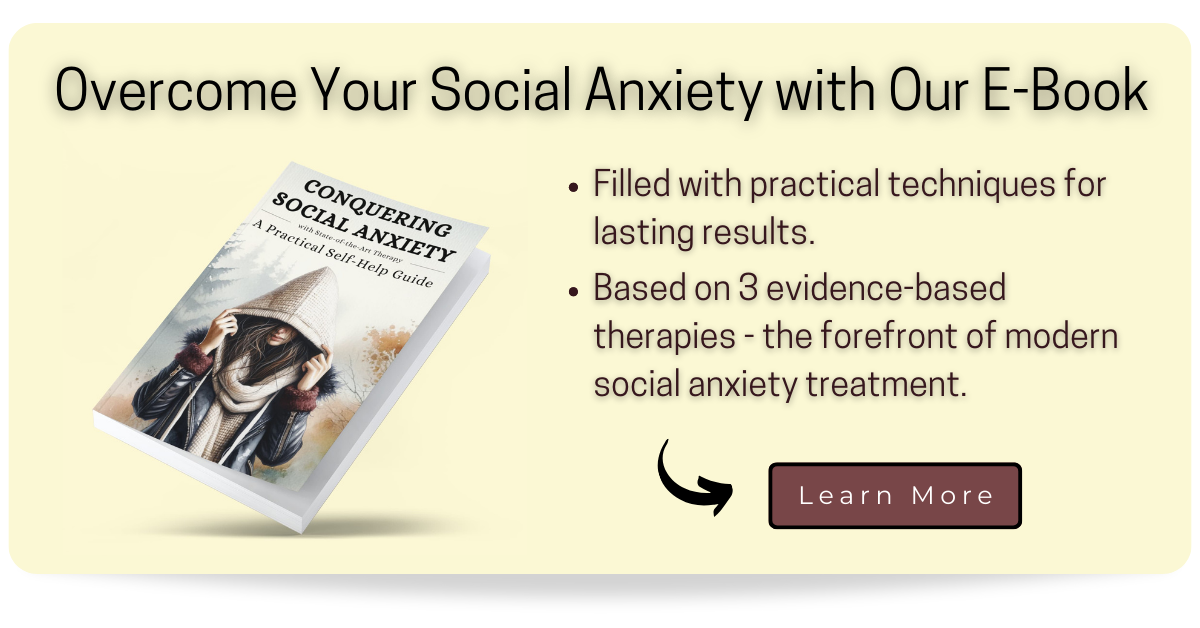
E. Potential Side Effects and Interactions
Like all medications, MAOIs can elicit side effects that vary from person to person.
Among commonly experienced side effects are sensations of dizziness, dry mouth, constipation, shifts in appetite, and difficulties in sleeping.
Vigilance in promptly notifying your doctor of any experienced side effects is crucial to ensure your well-being.
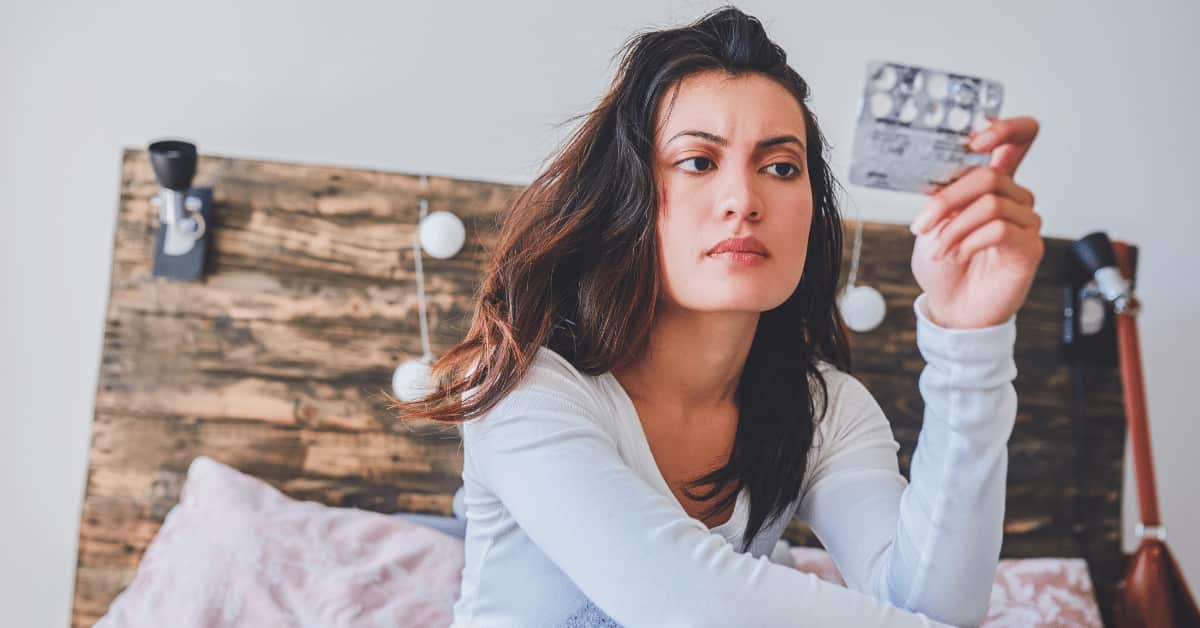
Most importantly, it is crucial to note that MAOIs have the potential to induce hypertensive crises, a dangerous condition characterized by a sudden spike in blood pressure (Bodkin & Dunlop, 2021).
This underscores the significance of strictly adhering to dietary guidelines and avoiding specific foods and substances, such as those high in tyramine, which can trigger this adverse reaction.
Here are a few examples of foods that should be avoided:
- Aged cheeses (e.g., cheddar, Swiss, parmesan)
- Fermented or pickled foods (e.g., sauerkraut, kimchi)
- Processed or smoked meats (e.g., salami, pepperoni, bacon)
- Aged or dried meats (e.g., aged beef, dried sausages)
- Certain types of fish (e.g., tuna, mackerel, herring)
- Alcoholic beverages, particularly red wine
- Certain beans (e.g., broad beans, fava beans)
- Soy products (e.g., soy sauce, tofu)
- Some types of yeast extracts (e.g., Marmite, Vegemite)
Moreover, MAOIs can interact unfavorably with certain medications, heightening the importance of diligent communication with your doctor about your medication regimen.
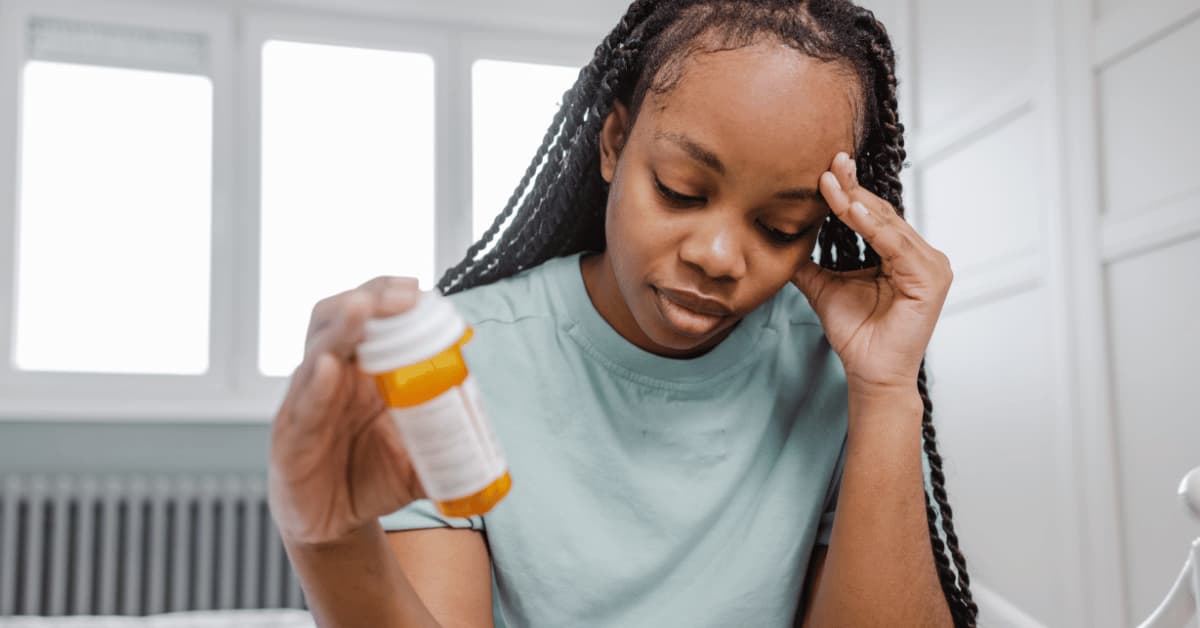
Due to the possibility of hypertensive crises and interactions, MAOIs are typically considered a treatment of last resort, often prescribed only when other avenues such as SSRIs and SNRIs have not yielded the desired therapeutic outcomes (Bodkin & Dunlop, 2021).
Your doctor will provide you with a comprehensive list of foods, medications, and precautions to navigate potential interactions and minimize the risk of complications, ensuring your safety while undergoing MAOI treatment.
F. Usage and Dosage
MAOIs are typically administered orally, and the appropriate dosage will be determined by your healthcare provider based on your individual needs and response.
It’s crucial to adhere to the prescribed dosage and follow your provider’s instructions carefully.
Regular check-ins with your doctor are vital to monitor your progress, discuss any concerns, and make any necessary adjustments to your treatment plan.

MAOIs often require a gradual increase in dosage to achieve therapeutic effects while minimizing side effects.
Your doctor will closely monitor your response to the medication and adjust the dosage as needed.
Moreover, during the process of considering medication options for social anxiety, it’s imperative to acknowledge that RIMAs, a distinct subgroup of MAOIs characterized by their reversibility, are often regarded as a safer alternative due to their reduced potential for inducing risky interactions and adverse effects.
Consequently, if your circumstances warrant the use of MAOIs, it’s probable that a healthcare professional might recommend a RIMA as a more secure option.
For an in-depth exploration of the intricacies surrounding RIMAs for addressing social anxiety, you can find our comprehensive article by clicking here.

G. Exploring Other Treatment Options
While this article focuses on MAOIs, it’s important to recognize that social anxiety can be approached from various angles.
Other medication options, such as SSRIs (Selective Serotonin Reuptake Inhibitors), SNRIs (Serotonin-Norepinephrine Reuptake Inhibitors), benzodiazepines, and betablockers, are commonly used to address social anxiety.
We invite you to delve into our comprehensive article on SSRIs for social anxiety, which you can access by clicking here. These medications are commonly considered the first-line treatment for social anxiety.
Similarly, you can explore the potential application of SNRIs in addressing social anxiety by clicking here.
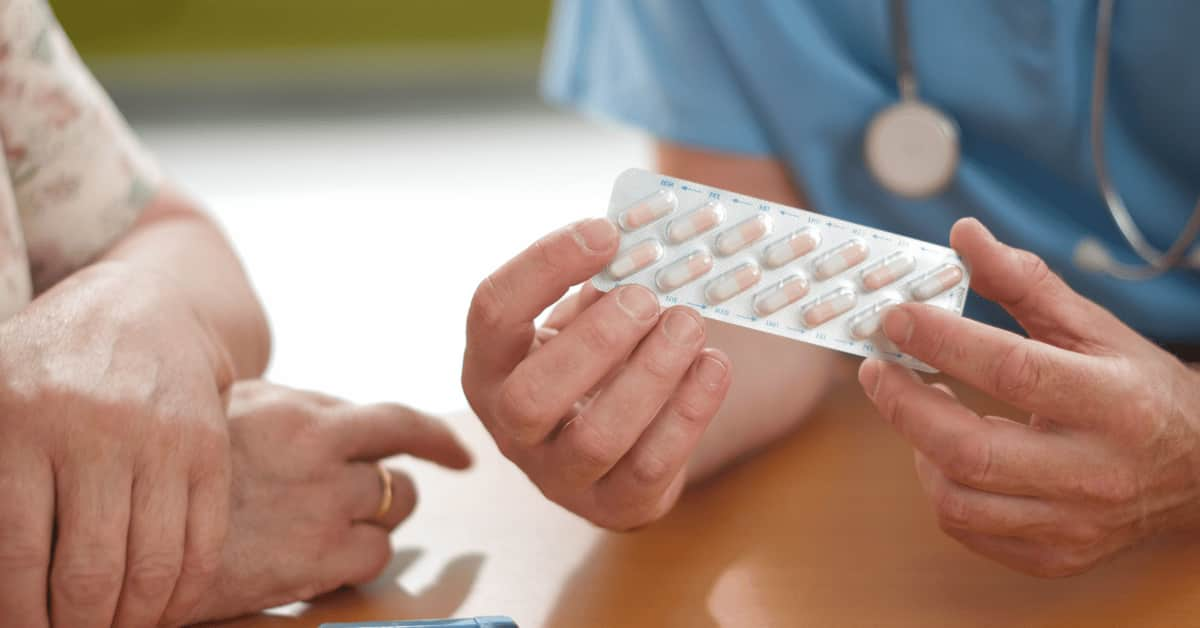
For a thorough examination of the benefits, significant risks, and drawbacks associated with benzodiazepines, we encourage you to click here to access our in-depth article.
If your primary concern lies in managing the physical symptoms of social phobia—such as a racing heart, sweating, and trembling – we recommend clicking here to learn how beta-blockers can effectively address these manifestations of social anxiety.
If you’re seeking a natural approach to managing social anxiety symptoms without experiencing sedation or significant side effects, explore our article on CBD for social anxiety by clicking here. This resource includes a specific product recommendation tailored to individuals dealing with social anxiety.

Alternatively, you can also explore our comprehensive guide to medication treatment for social anxiety by clicking here. It offers a thorough overview of all available options.
Overall, it’s essential to recognize that individual responses to medications can vary, and your doctor will collaborate with you to identify the most fitting treatment approach, tailored to your distinct needs and preferences.

H. Informed Choices for Your Well-Being
Navigating the path to effectively manage social anxiety is a significant choice that necessitates a collaborative effort between you and your healthcare provider.
MAOIs present a distinctive avenue for addressing social anxiety symptoms, often considered when other options like SSRIs and SNRIs have proven less impactful.
By remaining well-informed, fostering open dialogues, and actively engaging in your treatment strategy, you empower yourself to proactively navigate social anxiety and elevate your overall well-being.

It’s important to acknowledge that social anxiety is multifaceted, and uncovering the most suitable treatment path may require patience and perseverance.
By forging a close partnership with your doctor and thoughtfully exploring all viable options, you’re taking a pivotal step towards cultivating a heightened sense of well-being and enriching social interactions.
For a professional consultation, you can conveniently schedule an online appointment with a qualified psychiatrist, licensed in your state, through our following partner-link, which also offers a special discount code.
The psychiatrists from Talkspace can provide a comprehensive evaluation, offer a diagnosis if applicable, and prescribe medication if deemed appropriate for your specific needs.

Your prescription will be sent to a local pharmacy of your choice. Every three months you’ll have a follow-up video appointment, and you can message your provider any time.
Prescription treatment with Talkspace costs you about $30/month if you are insured, and about $60-$100/month when you pay out-of-pocket. Remember, through our link you will get a special coupon code.
Also, for a thorough exploration of social anxiety treatment, encompassing therapy, medication, lifestyle adjustments, and support systems, we invite you to click here and delve into our comprehensive article.
Participate in a Research Study!
If you are affected by social anxiety, you can help researchers and clinicians better understand the condition and improve treatment efficacy by participating in a research study.
To take part, you can click here to open a short, quick survey in a new browser window, or simply fill out the form provided below. Thank you for your participation!
Baker, G. B., Coutts, R. T., McKenna, K. F., & Sherry-McKenna, R. L. (1992). Insights into the mechanisms of action of the MAO inhibitors phenelzine and tranylcypromine: a review. Journal of psychiatry & neuroscience : JPN, 17(5), 206–214.
Bodkin, J. A., & Dunlop, B. W. (2021). Moving on With Monoamine Oxidase Inhibitors. Focus (American Psychiatric Publishing), 19(1), 50–52. https://doi.org/10.1176/appi.focus.20200046
Canton, J., Scott, K. M., & Glue, P. (2012). Optimal treatment of social phobia: systematic review and meta-analysis. Neuropsychiatric disease and treatment, 8, 203–215. https://doi.org/10.2147/NDT.S23317
Cloninger C. R. (1987). A systematic method for clinical description and classification of personality variants. A proposal. Archives of general psychiatry, 44(6), 573–588. https://doi.org/10.1001/archpsyc.1987.01800180093014
Fiedorowicz, J. G., & Swartz, K. L. (2004). The role of monoamine oxidase inhibitors in current psychiatric practice. Journal of psychiatric practice, 10(4), 239–248. https://doi.org/10.1097/00131746-200407000-00005
Heimberg, R. G., Liebowitz, M. R., Hope, D. A., Schneier, F. R., Holt, C. S., Welkowitz, L. A., Juster, H. R., Campeas, R., Bruch, M. A., Cloitre, M., Fallon, B., & Klein, D. F. (1998). Cognitive behavioral group therapy vs phenelzine therapy for social phobia: 12-week outcome. Archives of general psychiatry, 55(12), 1133–1141. https://doi.org/10.1001/archpsyc.55.12.1133
Janet, R., Costes, N., Mérida, I., Derrington, E., & Dreher, J. C. (2023). Relationships between serotonin availability and frontolimbic response to fearful and threatening faces. Scientific reports, 13(1), 1558. https://doi.org/10.1038/s41598-023-28667-0
Levin, A. P., Schneier, F. R., & Liebowitz, M. R. (1989). Social phobia: Biology and pharmacology. Clinical Psychology Review, 9(1), 129–140. https://doi.org/10.1016/0272-7358(89)90051-2
Nutt, D., & Glue, P. (1989). Monoamine oxidase inhibitors: rehabilitation from recent research?. The British journal of psychiatry : the journal of mental science, 154, 287–291. https://doi.org/10.1192/bjp.154.3.287
Thase M. E. (2012). MAOIs and depression treatment guidelines. The Journal of clinical psychiatry, 73(7), e24. https://doi.org/10.4088/JCP.11096tx4c
Sub Laban, T., & Saadabadi, A. (2022, July 19). Monoamine Oxidase Inhibitors (MAOI). In StatPearls [Internet]. StatPearls Publishing. Retrieved from https://www.ncbi.nlm.nih.gov/books/NBK539848/

About the Author: Martin Stork
Martin is a professional psychologist with a background in physical therapy. He has organized and led various support groups for people with social anxiety in Washington, DC and Buenos Aires, Argentina. He is the founder of Conquer Social Anxiety Ltd, where he operates as a writer, therapist and director. You can click here to find out more about Martin.








